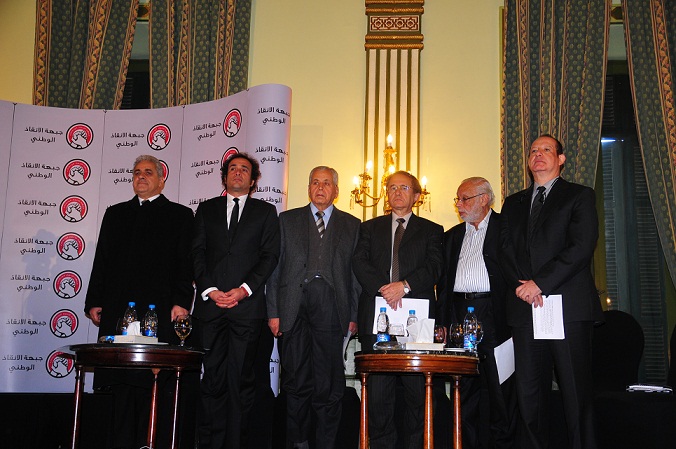In a country where cinema and theater are banned and most forms of public expression are censored, Saudi novelists are enjoying new popularity by breaking taboos with daring novels.
Although most of the works remain banned from bookshops in this ultra-conservative Muslim kingdom, Saudi book lovers buy them from other Arab countries where they are freely sold.
One of these novels, Abdo Khal’s "She Throws Sparks" went all the way to grab the Arab world’s equivalent of the Booker Prize for this year.
The work, which won the International Prize for Arab Fiction in March, exposes the gap between abundant wealth and poverty in a Saudi city in what the judges’ citation called a "painfully satirical novel."
"The book gives the reader a taste of the horrifying reality of the excessive world of the palace" and "the agonizing story of those who have become enslaved by it, drawn by its promise of glamour," the citation said.
The novel’s theme has resonated with readers in a kingdom where the oil boom has led the privileged to use their money for various abuses.
"There is a new generation of novelists that uses a new language, simple and direct, in dealing with subjects that were not evoked in the past, like the right of a woman to be in love or to work," said female Saudi writer Badriya Al-Bishr.
"The novel has become a way out. It expresses what one dares not say, and breaks taboos," said the writer whose latest novel, "The Swing," narrates the stories of three Saudi women experiencing freedom in Europe.
"They want to imitate men by defying bans on sex and alcohol, because the harder the repression gets, the more the concept of freedom gets distorted," she said of the characters in her book.
Typical is Hind, a young woman in her novel "Hind and the Soldiers.”
"Men sit down at the table of life and eat the whole cake, with no worries, while women, hungrily, watch them with envy," Hind remarks.
She also bemoans men’s freedom to "act as they like: the streets belong to them, they drive their cars recklessly, they have the cafes, the seaside, their bachelor apartments for pleasures far from innocent, while women only have the home or shopping."
Like most of the bold novels, Bishr’s books are banned in Saudi Arabia, where dating couples risk being picked up by the morality police, and alcohol and depictions of nudity and sex are strictly banned in any form.
But some books get exempted from the ban during the annual Riyadh book fair.
Certain novelists have been accused by the media of going over the top only for fame, but Bishr argues that in reality people are "more audacious" than in the novels.
It was Rajaa Sanea’s "Girls of Riyadh" in 2005 that brought the secretive lives of young Saudi women to bookshelves across the Arab world.
The novel, based on a series of emailed stories of four girls, was translated into English in 2007, and later into French.
Even before the emergence of a new generation of novelists, many Saudi authors were celebrated across the Arab world.
The most prominent was Abdelrahman Munif (1933-2004), whose "Cities of Salt" describes how the discovery of oil changed the lives of the Bedouin of the Arabian Peninsula.
But the new novelists do not shy away from discussing the religious and social constraints that weigh on Saudi society, mainly women who are banned from driving and cannot travel without a related male guardian.
Samar Al-Megren’s "The Women of Abomination" describes the ordeal of a Saudi woman nabbed by the religious police as she dares to meet with her lover at a restaurant.
Some novels show a shocking boldness, like Ibrahim Badi’s "Love in Saudi Arabia." It explicitly details the male protagonist having sex with his lover while driving around the capital, or disguising himself under a woman’s veil to sneak into his lover’s room.
"Many young people are attracted to novels to express their views and ambitions," female writer Omaima Al-Khamis said.
"This could have a negative impact on the artistic quality of the novel, as it turns into a rebellious social pamphlet that aims at most to break stereotypes and uncover what is hidden," she added.
Khal, the winning novelist of the year, argues that a novel is a "work of art and not an editorial or a political pamphlet," but "at the same time, art has accompanied all revolutions and reforms.
"Art is contributing to — if not leading — the reform process that we are going through now in Saudi Arabia," said Khal, 48.
But he lamented that Saudi writers have to promote their work abroad.
"We write and produce in the kingdom, but we display our goods abroad," he said.
